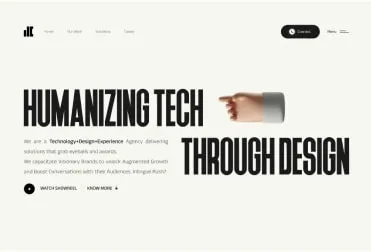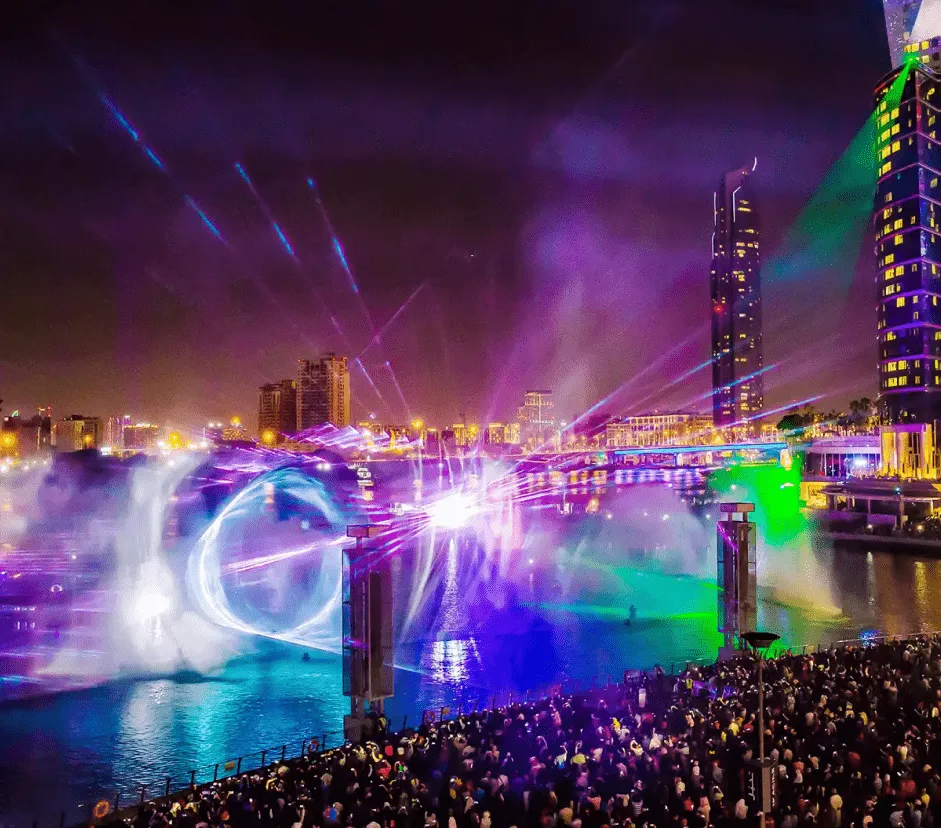How AI Search Engines Improve Marketing Effectiveness

Artificial intelligence (AI) is revolutionizing marketing strategies, particularly through search engines, by enhancing businesses' ability to connect with their target audiences effectively.
Enhanced User Experience
AI search engines utilize sophisticated natural language processing (NLP) algorithms to interpret user queries more accurately. For example:
Google's BERT algorithm understands context and nuances in search queries, providing more relevant results.
This improvement means that when a user searches for "apple not fruit," the engine recognizes they're likely looking for information about Apple Inc., not apple recipes.
Marketing Impact: Businesses can create more targeted content that aligns with user intent, increasing the likelihood of appearing in relevant searches and engaging the right audience.
Personalized Content Delivery
AI algorithms analyze vast amounts of user data to deliver personalized search results:
Search engines consider factors like location, search history, and device type.
For instance, a user in New York searching for "coffee shops" will see different results than a user in Los Angeles.
Marketing Impact: Marketers can tailor their content and SEO strategies to specific audience segments, improving relevance and engagement rates.
Predictive Analytics
AI search engines don't just react to queries; they predict trends:
Google Trends uses AI to forecast search interest for topics over time.
These predictions can span weeks or even months into the future.
Marketing Impact: Businesses can anticipate market trends and consumer interests, allowing them to create timely content and campaigns that capture emerging opportunities.
Voice Search Optimization
With the proliferation of smart speakers and voice assistants, AI is optimizing for voice queries:
ComScore predicts that 50% of all searches will be voice searches by 2025.
Voice queries tend to be longer and more conversational than typed searches.
Marketing Impact: Marketers need to optimize for long-tail keywords and natural language phrases. For example, instead of targeting "best restaurants NYC," they might focus on "what are the best restaurants in New York City for a romantic dinner?"
Real-time Optimization
AI search engines continually learn and adapt, allowing for instant optimizations:
RankBrain, Google's AI system, adjusts search results in real-time based on user interactions.
This means search rankings can fluctuate rapidly based on current events or changing user behavior.
Marketing Impact: Marketers need to monitor their search performance regularly and be prepared to adjust their strategies quickly. Tools like Google's Search Console provide near real-time data to inform these decisions.
Conclusion
AI search engines are not just changing how people find information; they're reshaping the entire digital marketing landscape. By understanding and leveraging these AI-driven capabilities, marketers can significantly improve their effectiveness, reach their target audience more precisely, and drive better results.
To stay competitive in this AI-driven world, businesses should:
Regularly update their SEO strategies to align with AI advancements
Invest in creating high-quality, relevant content that addresses user intent
Utilize AI-powered marketing tools for better data analysis and decision-making
Continuously monitor and adapt to changes in search algorithms and user behavior
By embracing these AI-driven changes, businesses can position themselves at the forefront of digital marketing, ensuring they remain visible and relevant in an increasingly competitive online marketplace.
Contact Us Now:






.CNhas5IL_ZqBJiz.webp)


















